The New York Times published this article discussing the frustration of parents dealing with feigned incompetence in their children. We each struggle with this challenge with our own children, but at boarding school we have the unique opportunity of serving as in loco parentis to 360 Proctor students who are not immune to this phenomenon either.
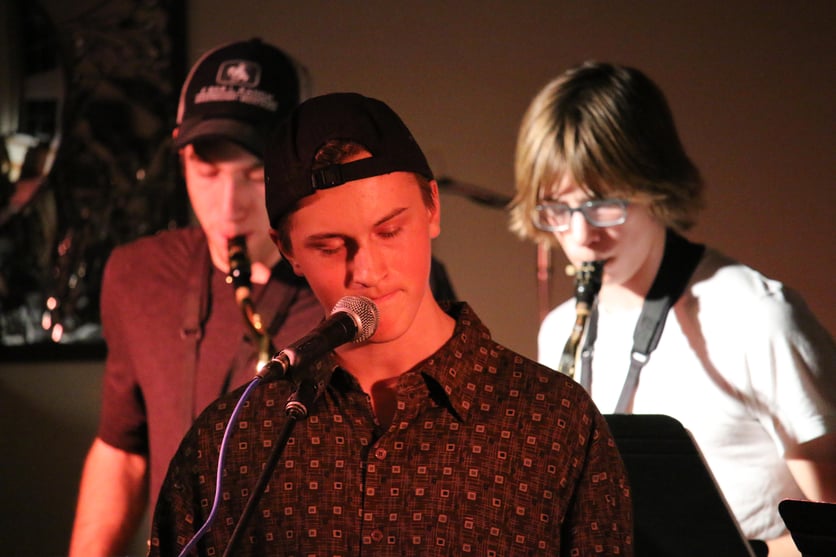
We see this behavior in students of all ages (even in people our own age, perhaps?). Some children simply pretend to be incompetent so their actual incompetence won’t be exposed to their peers. For others who suffer from anxiety, Jessica Lahey shares in the article linked above, “They feel as if they can’t control the outcomes in their life, so they give up before they begin to avoid disappointment, frustration or embarrassment.”
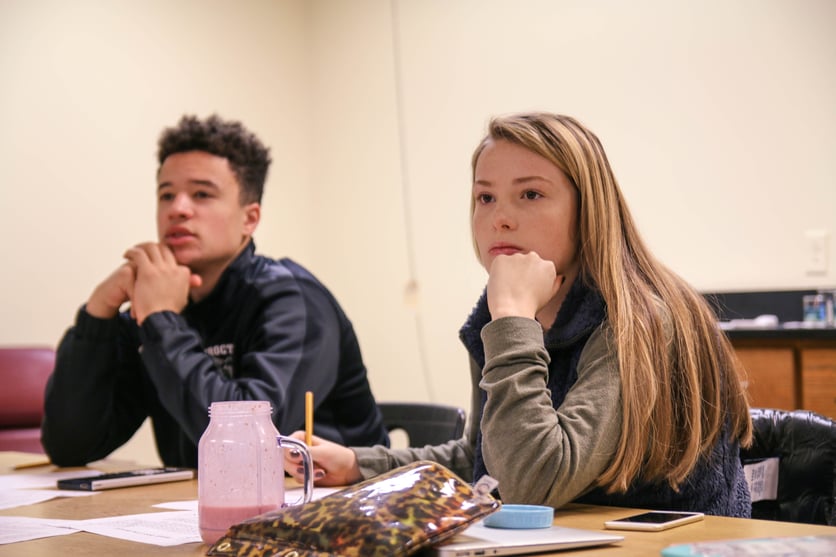
These are real challenges our students face each day. They feel pressure to perform at a high level, and fear they do not have the tools in their toolbox to achieve at the level expected of them. Each individual develops ways to handle this stress in his or her own way. As Lahey explains, “Acting incompetent is simply a practical strategy: They know from experience that if they stall, delay or refuse to do something they don’t want to do, someone will eventually do it for them.” This is an approach we do not accept at Proctor.
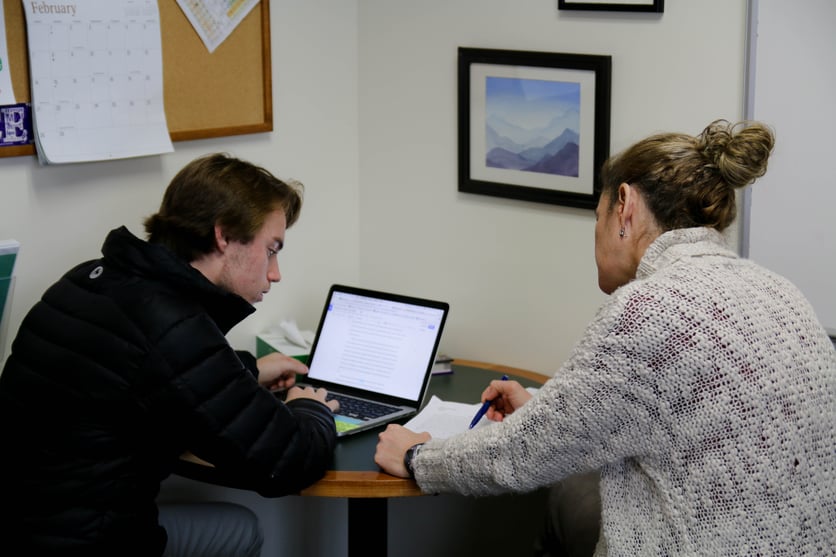
As we enter the final week of classes, cumulative assessments and final projects pile on top of playoff games, winter play performances, jazz/rock concerts, and vocal ensemble recitals. Each of these factors introduce an added layer of stress to our students’ lives. We believe there is real value in these final assessments and performances, but we cannot approach them without understanding the impact they have on our students.
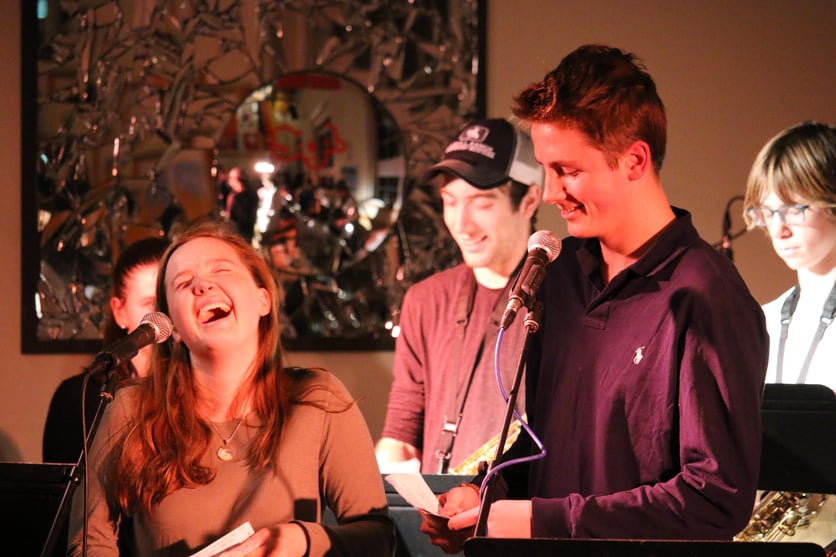
Finding the balance in accountability and support is not easy, especially when it is your child struggling through the anxiety. Lahey notes, “Our job, as parents and teachers, is to guide them away from the temptations of dependence and toward a sense that they themselves can take on most tasks — and that when they’re not yet fully competent, they’ll learn.” This takes trust; both in your child and in Proctor.
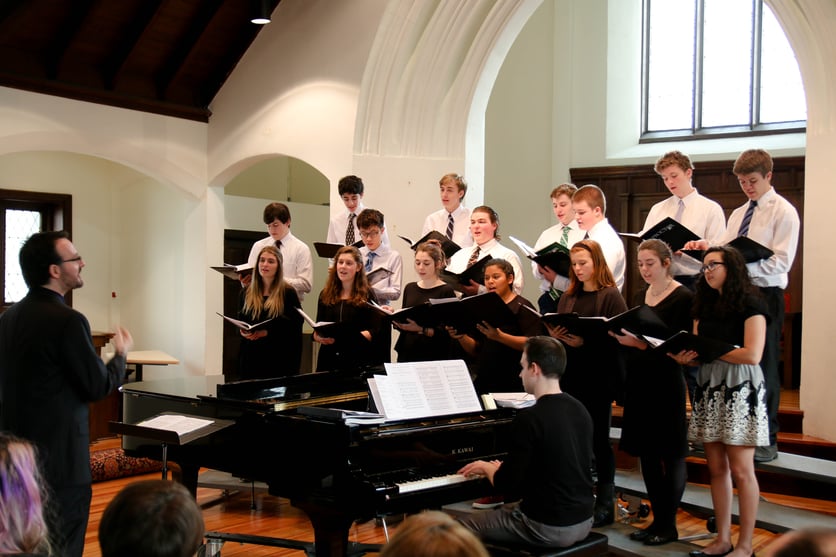
During this final week of classes, we will help each of our students to simultaneously know they have support systems behind them and to step outside their comfort zone and risk failure. It is when these risks are taken that the Proctor magic happens - in the classroom, on the stage, in the studio, and on the ice. Here's to yet another week of empowering independence!








